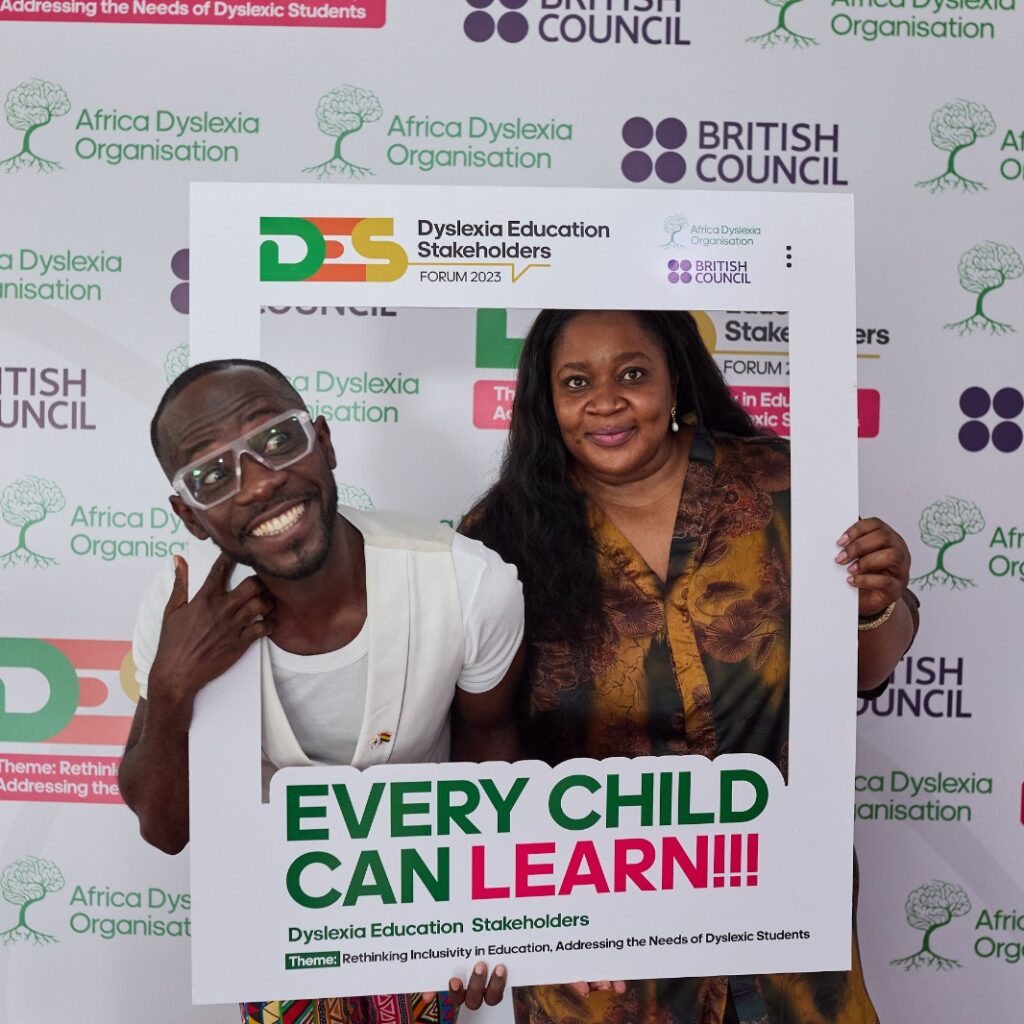The belief that every child can learn forms the cornerstone of inclusive education. This principle does not imply that all children will learn in the same way or at the same pace. Instead, it recognizes the diverse learning needs, abilities, and potentials of each child, advocating for tailored educational strategies that unlock individual strengths. This article delves into the importance of embracing diversity in educational practices, highlighting the need for tailored approaches, supportive environments, and the role of technology in facilitating learning for all.
Understanding Diverse Learning Needs
Children come into the world with unique backgrounds, abilities, interests, and challenges. Some may excel in visual and spatial reasoning, while others show strength in verbal or logical-mathematical intelligence. Similarly, learning differences such as dyslexia, ADHD, and autism spectrum disorders affect how children perceive and process information. Recognizing this diversity is the first step toward creating an education system that enables every child to learn effectively.

Tailoring Educational Strategies
To cater to varied learning needs, educational strategies must be flexible and adaptable. Differentiated instruction, a method that involves adjusting teaching techniques, content, and
learning activities, is crucial. For instance, while traditional teaching might focus heavily on reading and writing, differentiated instruction incorporates visual aids, hands-on activities, and interactive learning to engage students with different learning preferences.
The role of educators is pivotal in implementing these strategies. They need to be trained to identify individual learning styles and potential barriers to learning, equipping them with the tools to modify their teaching methods accordingly. Continuous professional development, mentorship programs, and collaboration with special education specialists can enhance their ability to support diverse learners.
Creating Supportive Learning Environments
Every child can learn when provided with a supportive and nurturing environment. Schools must foster an atmosphere of acceptance and understanding, where children feel safe to express themselves and explore their abilities. This involves not just physical accessibility but also an emotional and psychological climate that promotes positive self-esteem and resilience.
Peer support and inclusive classroom practices can significantly impact learning outcomes. Encouraging teamwork, collaboration, and social interaction among students with varying abilities fosters empathy, mutual respect, and a sense of community. Such environments empower students to take risks, ask questions, and engage deeply in the learning process.
Leveraging Technology in Education
Technology plays a crucial role in democratizing education and ensuring that every child can learn. Assistive technologies, such as speech-to-text software, reading aids, and adaptive learning platforms, provide customized support to meet individual learning needs. These tools can make learning more accessible, engaging, and effective for students with disabilities or those who struggle with traditional teaching methods.
Moreover, educational technology can facilitate personalized learning, where students progress at their own pace, following a learning path that aligns with their interests and abilities. Online resources, educational apps, and interactive platforms offer diverse content and learning modalities, accommodating different learning styles and preferences.
The Importance of Early Intervention and Continuous Support
Early identification and intervention are critical in ensuring that every child can learn to their fullest potential. Screening for learning differences and developmental delays should be an integral part of the educational process, allowing for timely support and intervention. Early educational programs, therapeutic services, and family support can significantly influence a child’s developmental trajectory.
However, the support should not end in early childhood. Continuous monitoring, assessment, and adaptation of learning strategies are necessary to address the evolving needs of students as they progress through different educational stages. Partnerships between schools, families, and healthcare professionals can facilitate a comprehensive approach to supporting the child’s learning and development.
Conclusion
The philosophy that every child can learn is not just an ideal but a practical approach to education that calls for a shift in how we perceive and respond to individual differences. It demands a commitment to creating inclusive, supportive, and adaptable learning environments that recognize and value the unique contributions of each student. By embracing diversity in educational practices, leveraging technology, and ensuring continuous support, we can make learning accessible and meaningful for every child, paving the way for a more inclusive and equitable society.

Written by Rosalin Abigail Kyere-Nartey, a Dyslexic & Executive Director of African Dyslexia Organization (ADO). ADO is a non-profit organization that focuses its efforts on providing help for dyslexic people by raising awareness and advocacy, providing educational tools, framework and support in Africa.

